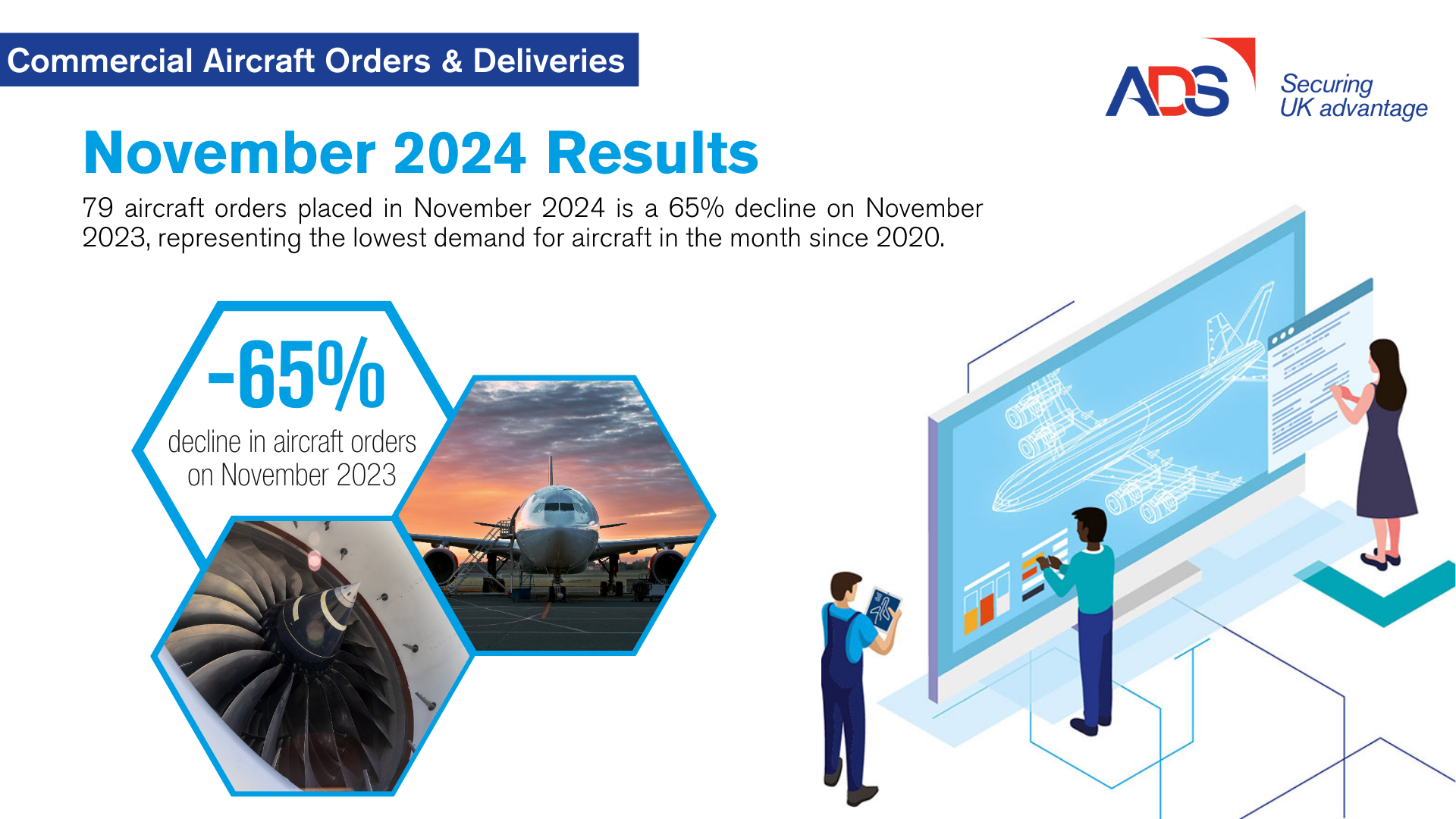
Written by Joel Salmon, Senior Public Affairs Adviser at ADS
The context
The Prime Minister has unveiled a major review of the UK’s security, defence, development and foreign policy named, for short, the Integrated Review. Covering a wide range of policy areas, it is planned to be the widest ranging government review of the UK’s place in the world since the end of the Cold War.
It comes at a time of significant political, geopolitical and technological change and as the UK looks to reconfigure its longstanding supranational memberships and create new international relationships. The Integrated Review offers the UK government a major opportunity to provide clarity, guidance and direction on some of the biggest issues facing our industries and set a course for increasing the UK’s strategic global influence.
The scope
The Integrated Review is likely to identify the UK’s core interests and set a vision about how to protect and enhance them through its approach to foreign policy. Those underlying calculations will be driven by its threat perceptions, and therefore dictate what capabilities are needed to face these threats. These capability decisions will also be driven by the more immediate concerns of Government, spending restrictions and force structure. The Integrated Review will undoubtably be a complex weave of national political and economic drivers and international geopolitical drivers.
In this, it is broader than the previous five-yearly Strategic Defence and Security Reviews which focused more specifically on defence expenditure and how the UK could meet threats within its means. The review will take place on the same timescale of the Treasury’s Comprehensive Spending Review, which is expected to report in the Autumn. This means that it will be directly influenced by the Government’s long term fiscal strategy, although the Prime Minister has said that the review will look beyond this.
What does this mean for UK industry?
ADS is keen to understand how the Integrated Review will incorporate long term international engagement and export factors. Alongside the directly engaged departments (the Foreign Office, Ministry of Defence, Department for International Development, the Treasury and the Department for Business, Energy and Industrial Strategy) it is important that the Department for International Trade is engaged as a key stakeholder. Defence and security exports will continue to be an influential contributor to the national economy, as well as being a useful diplomatic and strategic engagement mechanism.
Procurement by the defence and security services will be a core area of scrutiny. The views of the Prime Minister’s Chief Adviser Dominic Cummings on procurement are well known, as he has previously been critical of how the Ministry of Defence spends and manages large projects.
However, the review will likely build on the work already being undertaken by industry and Government on developing a more proactive industrial strategy in the defence and security sectors. ADS is playing a major role in these ongoing discussions, ensuring that the voice of industry is heard across Government.





